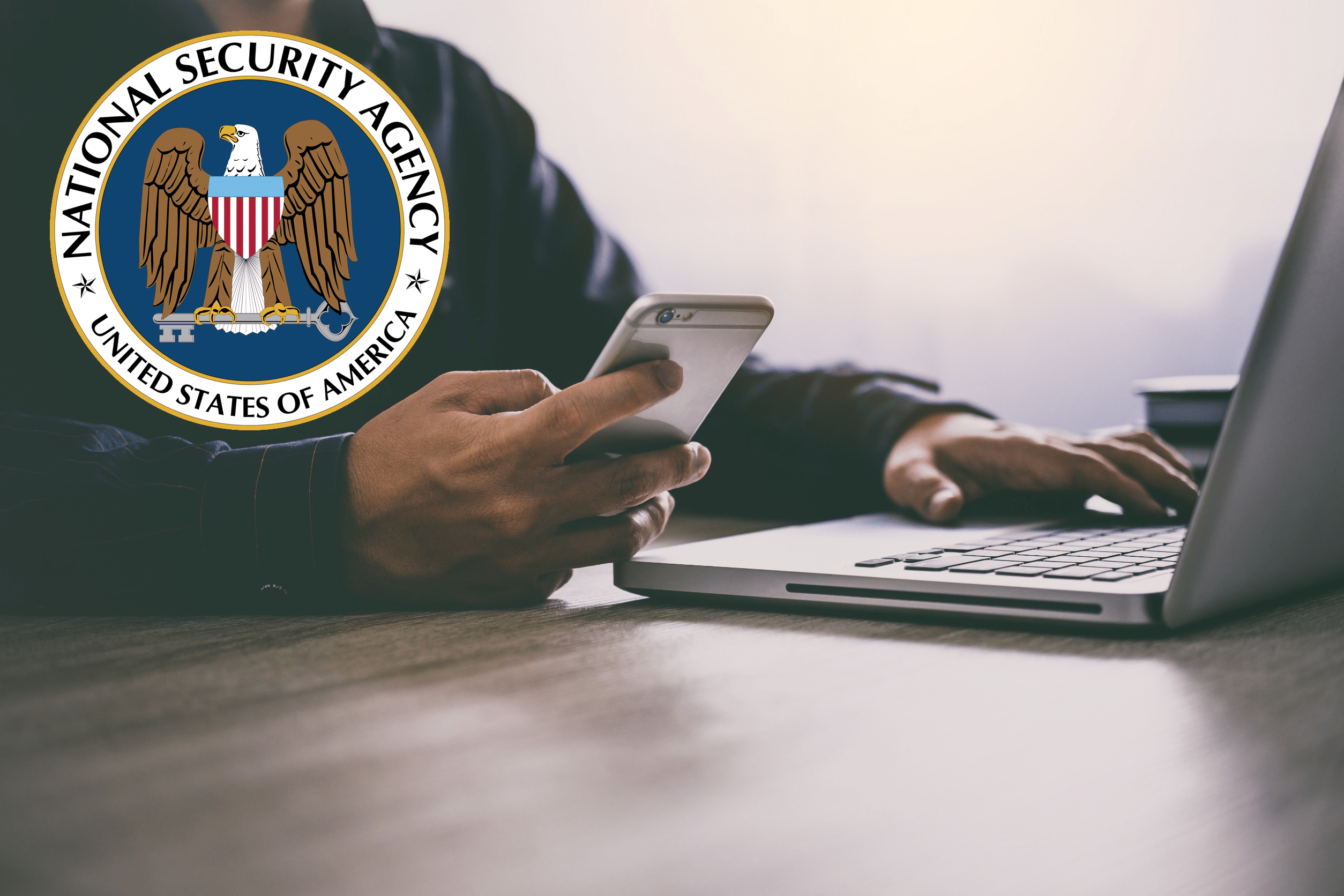
In a recent publication on Forbes, security advice from the National Security Agency (NSA) has caught the attention of iPhone and Android users. The NSA advises users to turn off and then reboot their devices once a week to protect against zero-click exploits and potential security threats. This recommendation aims to mitigate the risk of zero-click exploits, spear-phishing, and the installation of malware and spyware on mobile devices.
While the "turn it off and on again" approach may seem simplistic, the NSA warns that it is not a guaranteed solution against all security threats. Nonetheless, it serves as a proactive measure that users can easily incorporate into their cybersecurity routine. The NSA also emphasizes the importance of other security best practices, including disabling Bluetooth when not in use, updating devices promptly, and being cautious with public Wi-Fi networks and charging stations.
The NSA's advice aligns with broader security principles, such as utilizing strong lock-screen PINs and passwords, avoiding the opening of email attachments and links from unverified sources, and being mindful of app permissions. The Federal Communications Commission (FCC) also offers pertinent security advice for smartphone users, echoing the importance of not modifying security settings, being cautious with app permissions, and enabling remote data erase capabilities for lost or stolen devices.
It's evident that a balance must be struck between the convenience of smartphone features and the security risks they may introduce. While some security measures may seem restrictive, incorporating these practices into one's digital routine not only strengthens personal cybersecurity but also fosters a proactive approach to protecting sensitive data and information.
In an age where mobile devices have become indispensable tools for personal and professional use, the NSA's advice serves as a timely reminder for users to take a proactive stance towards their cybersecurity. By integrating simple yet effective practices such as regular device reboots and adherence to security best practices, users can enhance the security posture of their smartphones and safeguard their personal and professional data.
To stay updated on the latest cybersecurity insights and best practices, it's essential for users to remain informed, exercise caution in their digital interactions, and implement the recommendations provided by leading security agencies. As threats evolve and become more sophisticated, adopting a proactive and informed approach to mobile device security becomes paramount in safeguarding personal privacy and sensitive information.
For more detailed insights into the NSA's recommendations and additional security advice, you can read the full article on Forbes: NSA Warns iPhone And Android Users To Turn It Off And On Again
By integrating the NSA's advice into their cybersecurity routine, users can take an active role in bolstering the security of their mobile devices and minimizing the potential impact of security threats.